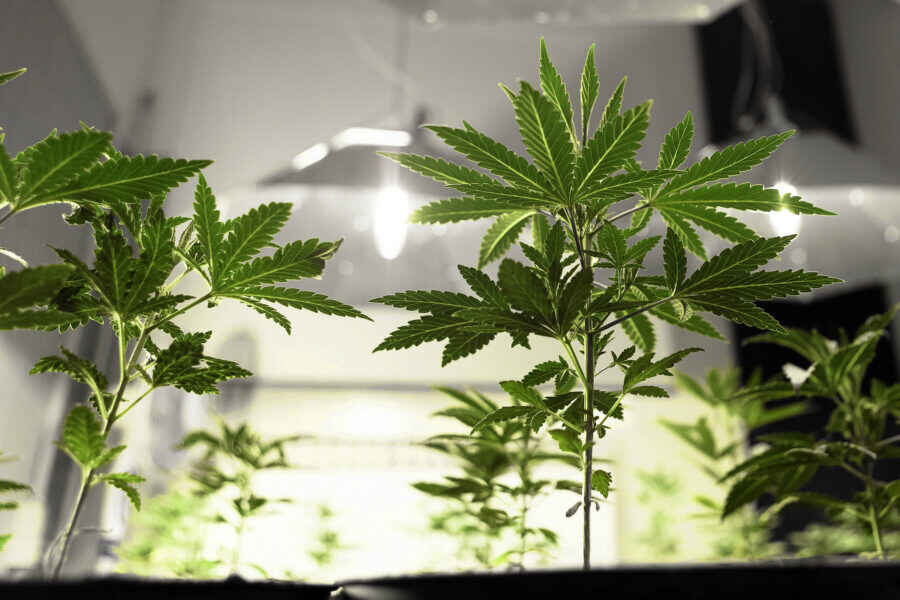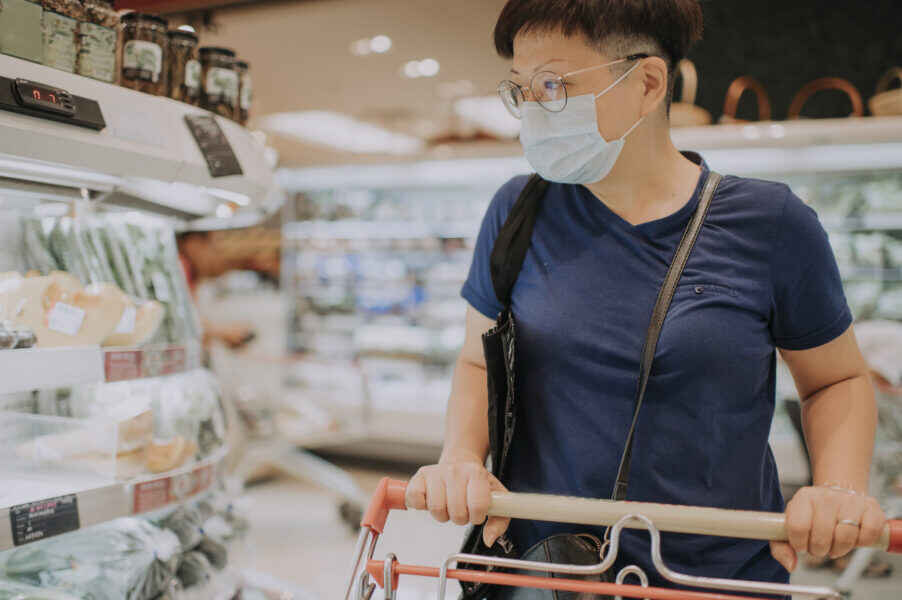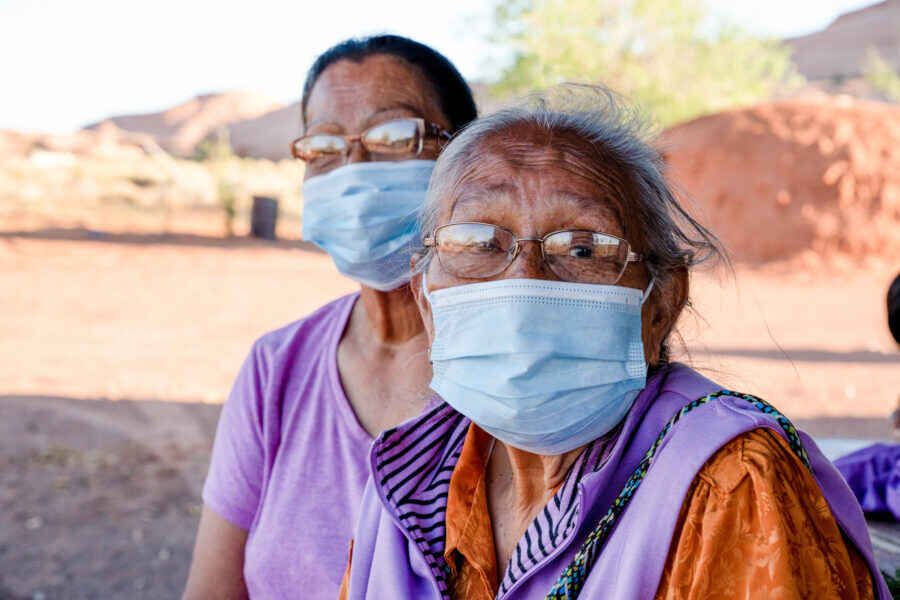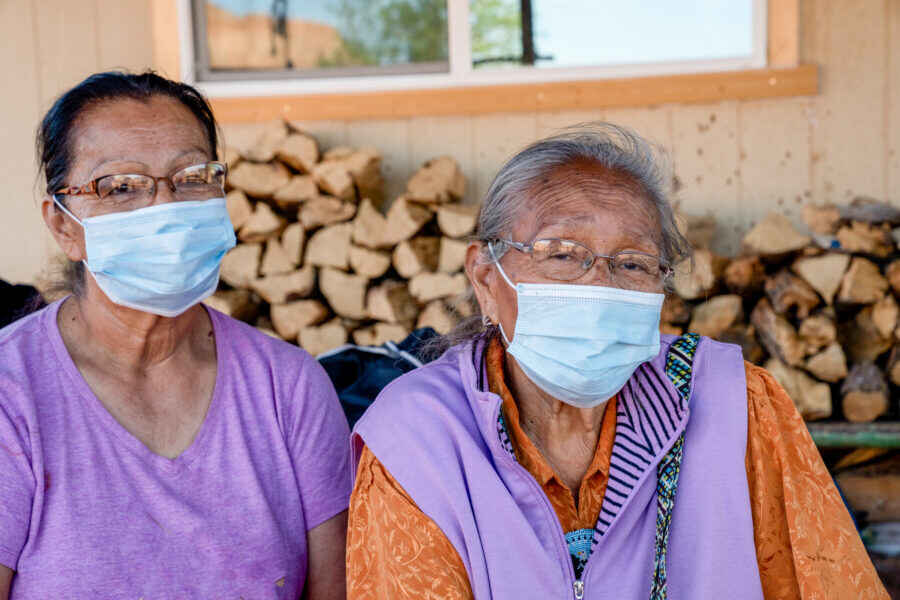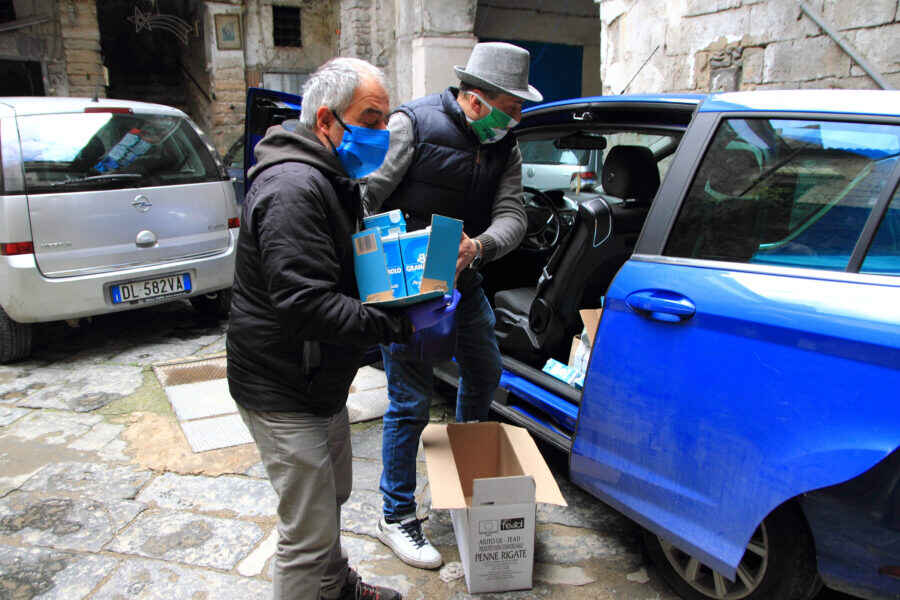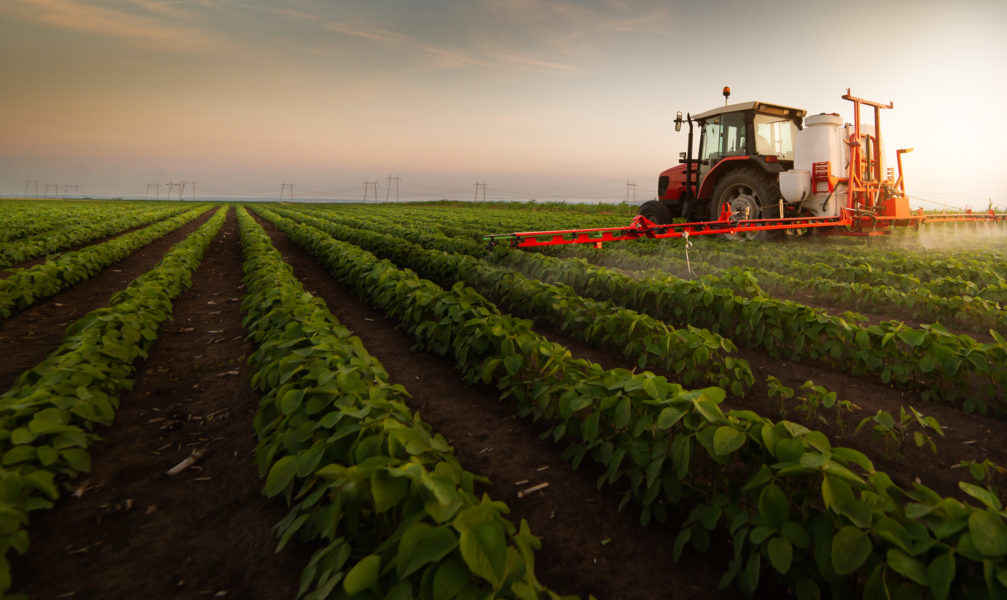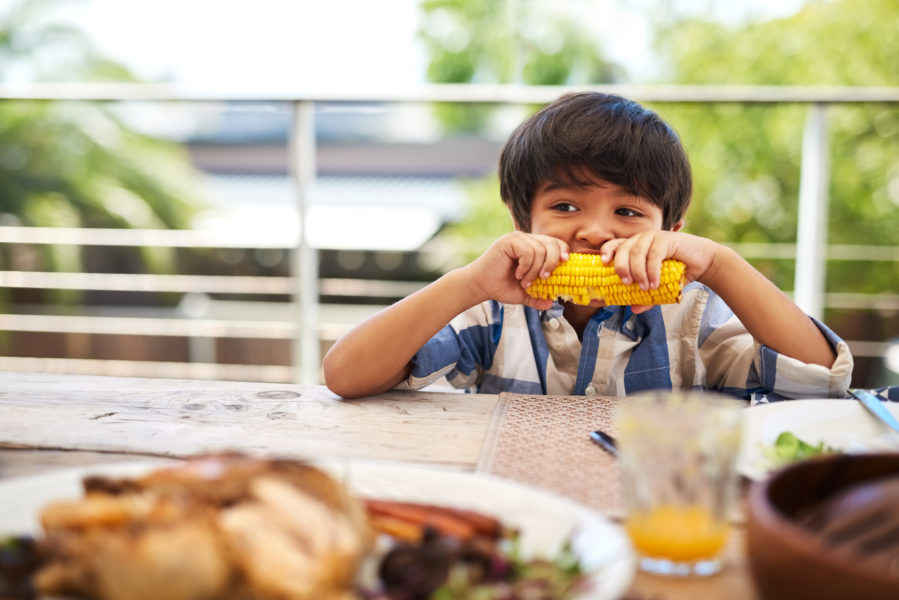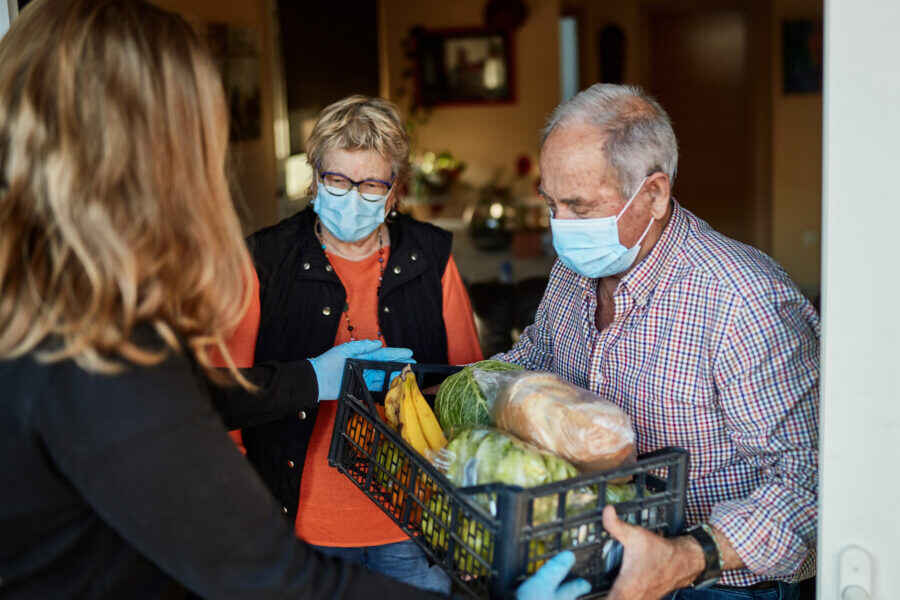
The Biden Administration’s Response to the Food Insecurity Crisis
OverviewFood and Housing Insecurity MeasuresFood Safety and SecurityFood SecurityAcross the country, state and local governments, nonprofits, religious organizations, community groups and dedicated individuals are working to address growing food insecurity. President Biden has committed to addressing the mounting hunger crisis as part of his plan for recovery. This policy overview identifies what actions the Biden administration has taken to-date and what we might expect to see in the future.


